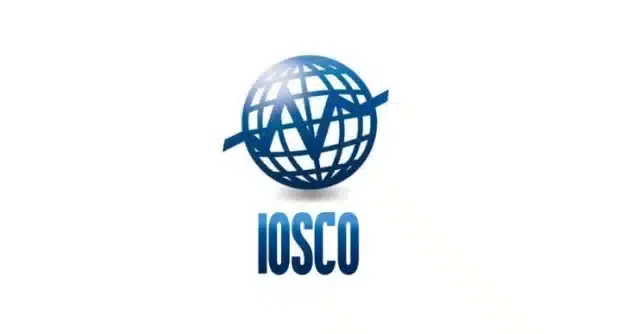The International Organization of Securities Commissions (IOSCO), a key global securities regulatory body, has recently implemented policy recommendations to establish a standardized regulatory framework for cryptocurrencies and digital assets.
This move is a significant stride towards harmonizing global regulatory practices, particularly addressing the challenges the rapidly growing cryptocurrency sector presents.
IOSCO’s recommendation is to bring the relatively unregulated digital currency sphere in line with the more structured traditional financial markets. The focus is largely on centralized crypto asset service providers (CASPs) to reduce risks related to investor protection and ensure the integrity of markets.
IOSCO’s strategy covers various regulatory aspects, including managing conflicts of interest, preventing market manipulation, and combating fraud. A key point in these guidelines is the protection of custody and client assets, acknowledging the unique challenges digital assets pose.
The organization also emphasizes the necessity of a cohesive regulatory approach to manage cross-border risks, advocating for increased international collaboration among regulatory bodies.
This acknowledges the inherently global nature of the crypto market and the need for a regulatory framework that extends beyond national jurisdictions.
Comprising 35 top regulators, IOSCO’s board underlines the need to boost national regulatory frameworks. The recommendations suggest developing tools for monitoring online crypto-related activities and establishing mechanisms to handle consumer complaints.
These steps aim to foster a more proactive and flexible regulatory environment that can keep up with the rapidly evolving nature of digital assets.
The IOSCO report presents a foundational model for creating a comprehensive, global framework for cryptocurrency regulation. It seeks to balance encouraging innovation in the digital asset space with ensuring investor safety and market stability.
As the world adjusts to the changing digital financial landscape, IOSCO’s guidelines could serve as a crucial reference point for future regulatory efforts in the cryptocurrency field.
Also Read: Stablecoins to Face Same Regulations as Traditional Payments






